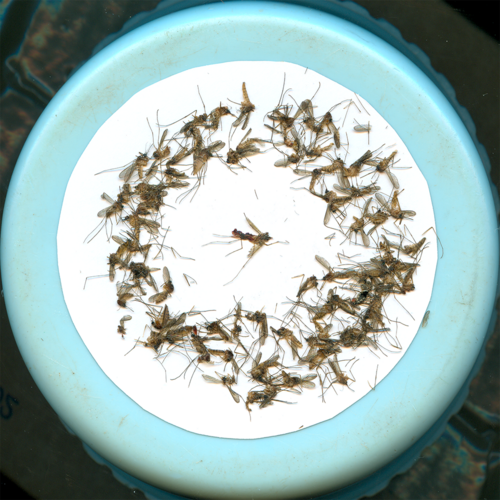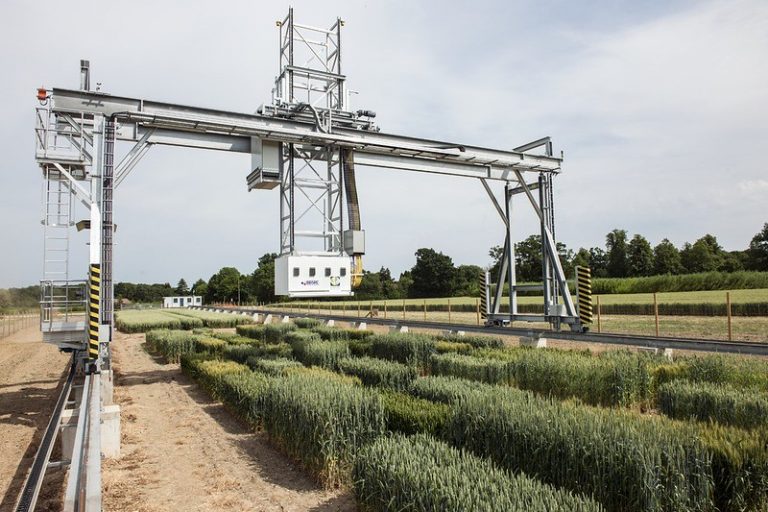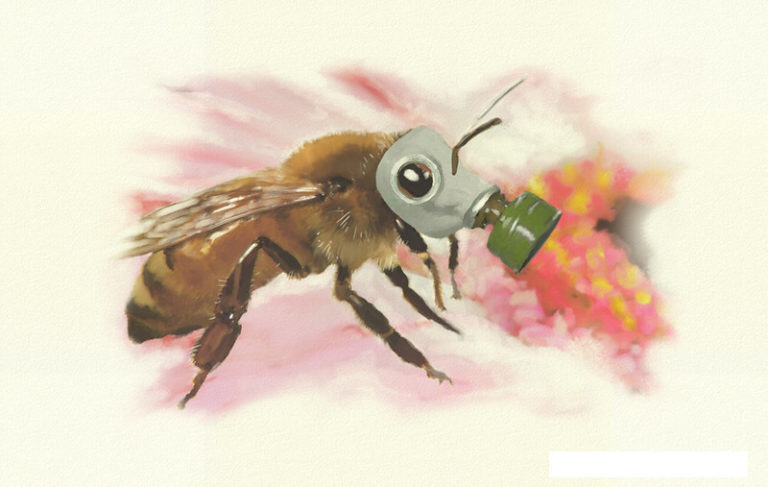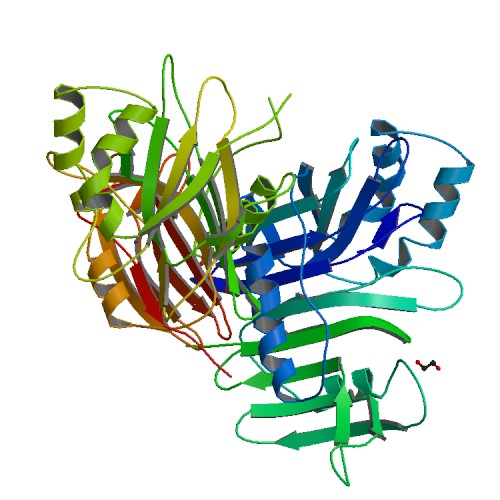
Despite pitfalls and dangers, gene drive is still on the table
In September 2025, the French Academy of Sciences published a summary of the risks it identified as being associated with gene drive. This technique, which emerged around ten years ago, presents a variety of potential dangers and is uncontrollable. As a result, it has not yet been deployed in the wild. However, the current context is very conducive to its development and the precautionary principle is under threat.

Origin of Covid-19: laboratory leak is the most likely scenario (part 2)
After describing the main issues and key players (part 1)i, we will now trace the prehistory of Covid-19, followed by its history, which has received more media coverage.

A showcase for “new genomic techniques” in Europe
In an article published in April 2025, Euronews highlights “new genomic techniques” using the example of a wheat genetically modified by Crispr/Cas9 in the UK. This wheat, developed by a team of biologists from Rothamsted Research at the University of Bristol, has been tested in a field north of London since October 2021. Although this trial is being carried out without any environmental, agricultural or health precautions, it does provide a good showcase for potential investors.

25 years later, insecticidal GMOs face insect resistance
43 detections of insects having acquired resistance to the Bt proteins supposed to kill them were listed in a scientific article in 2023. 43 cases out of 73 studied, i.e. more than half. For the authors of the article, the use of insecticidal GMOs has been crowned with success, as in several cases it has made it possible to reduce or even eradicate local pests. But failures also occurred due to resistance. The authors believe that the future lies in a combination of technologies, among which is RNA interference.

GMO viruses as laboratory tools to be spread in the environment ?
In a recent article, researchers detail several ongoing projects for the genetic modification of viruses. Some of these could be deliberately released into the environment. On February 7, 2024, the European Parliament asked the European Commission to study the potential deregulation of these GMO viruses. A general overview of those projects seems therefore necessary.

The breeders’ gene pool: a semantic trap?

Scientific manipulations, a basis of the future GMO/NGT law?

GMOs : the Commission ignores its experts to reassure industry

A french expert committee transparent on the limits of its own expertise

GMO : the Commission is losing supports

GM soybeans: unforeseen effects
Journal

